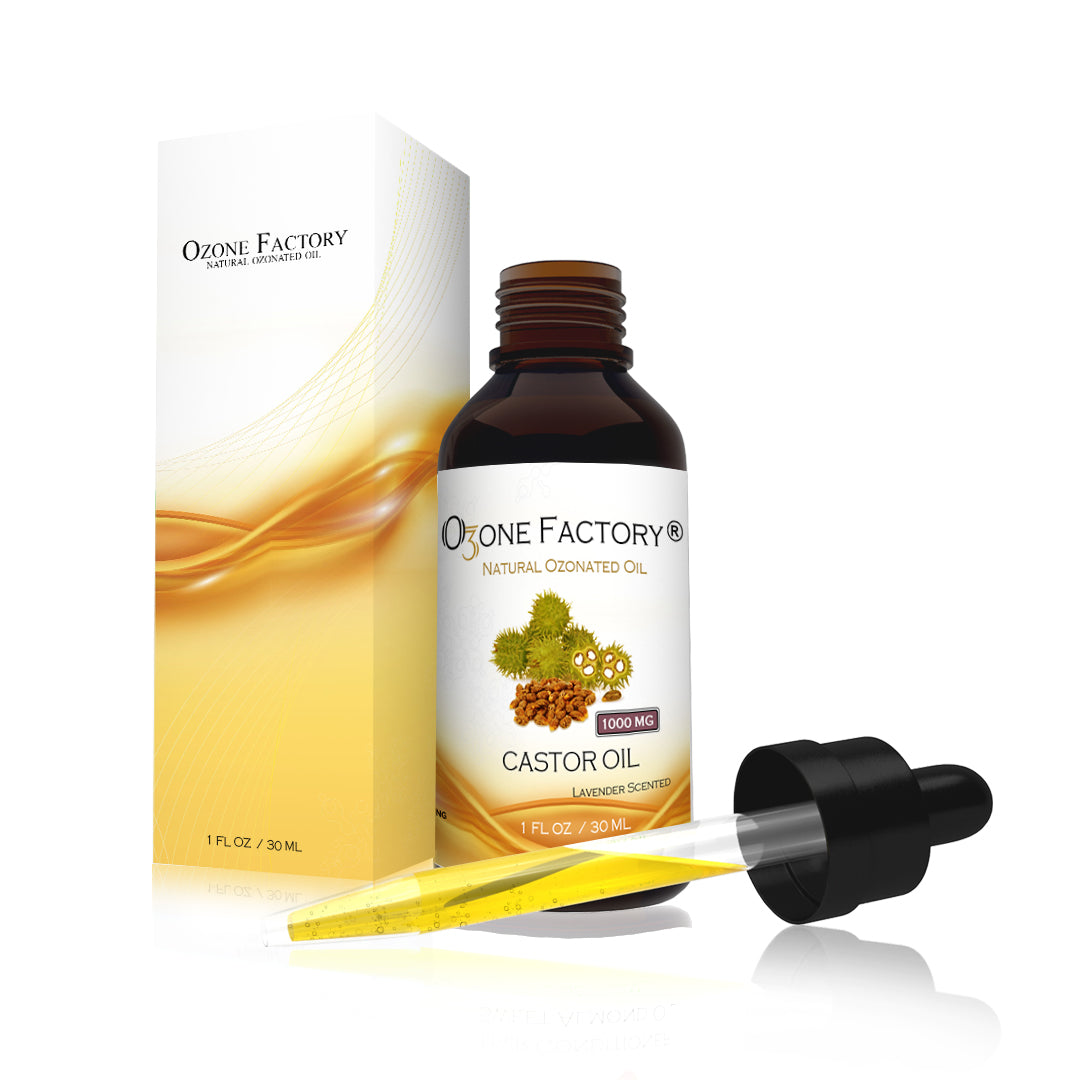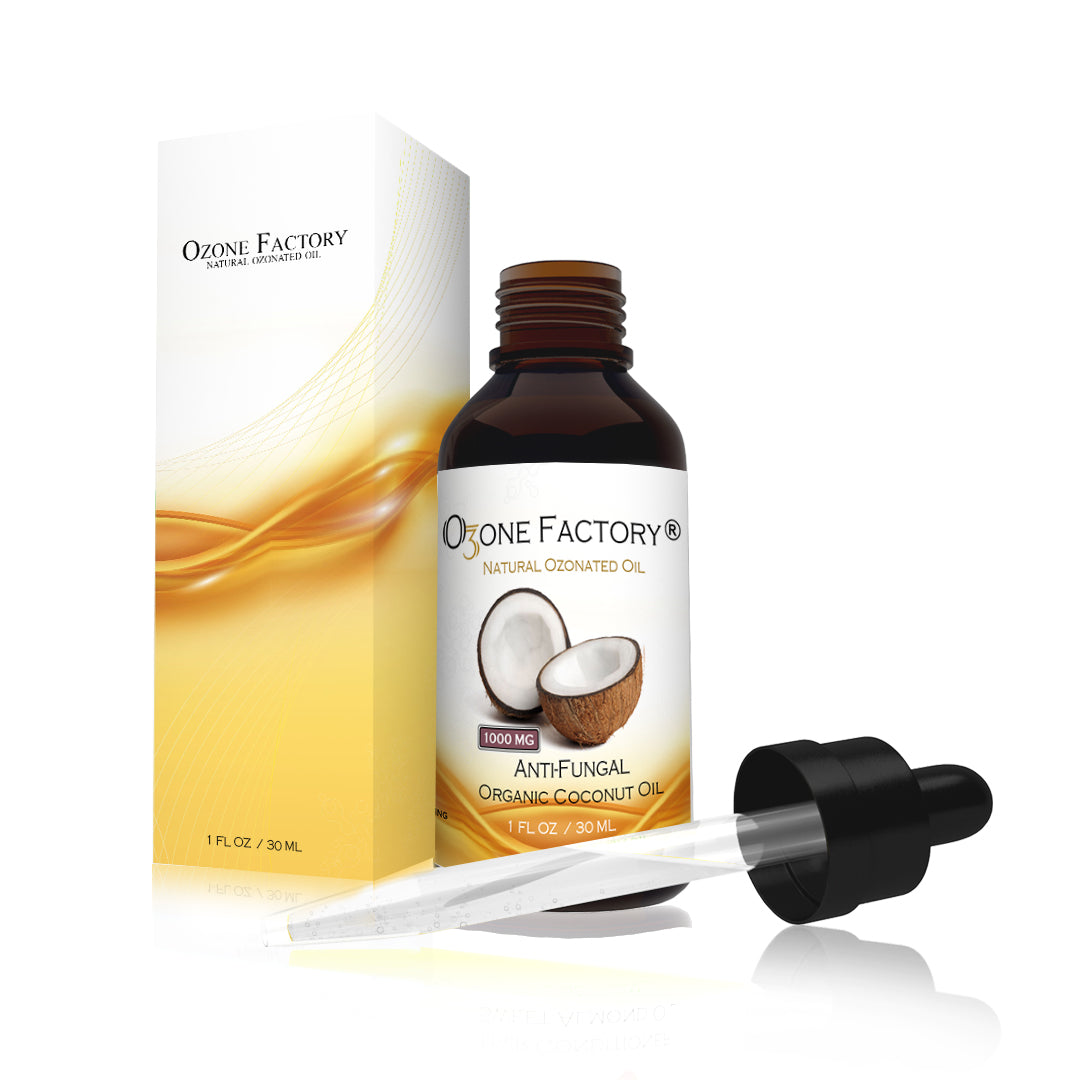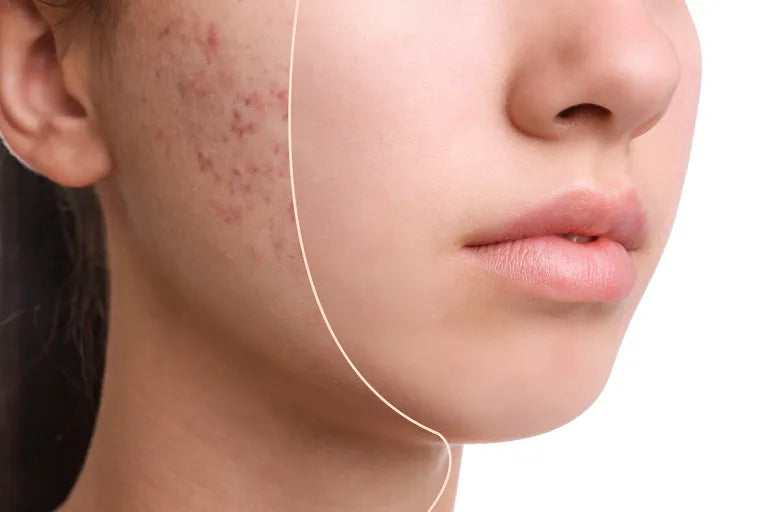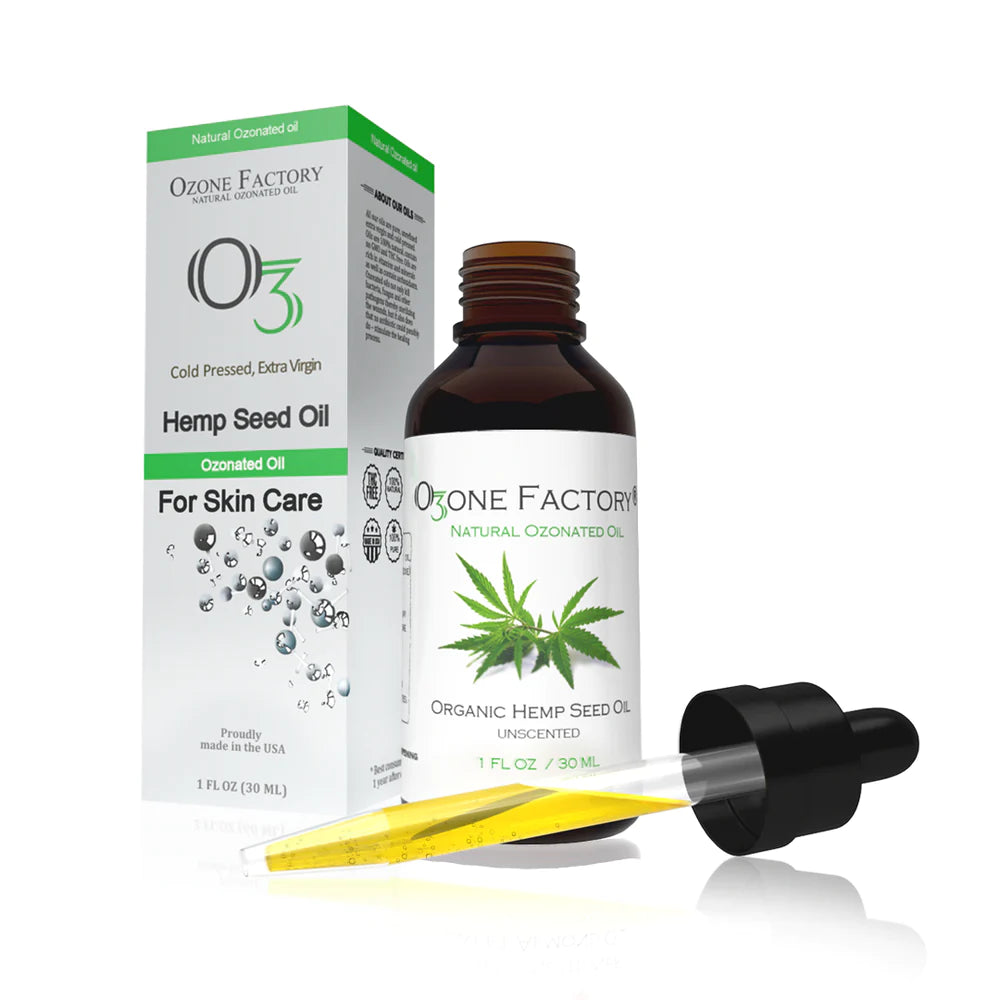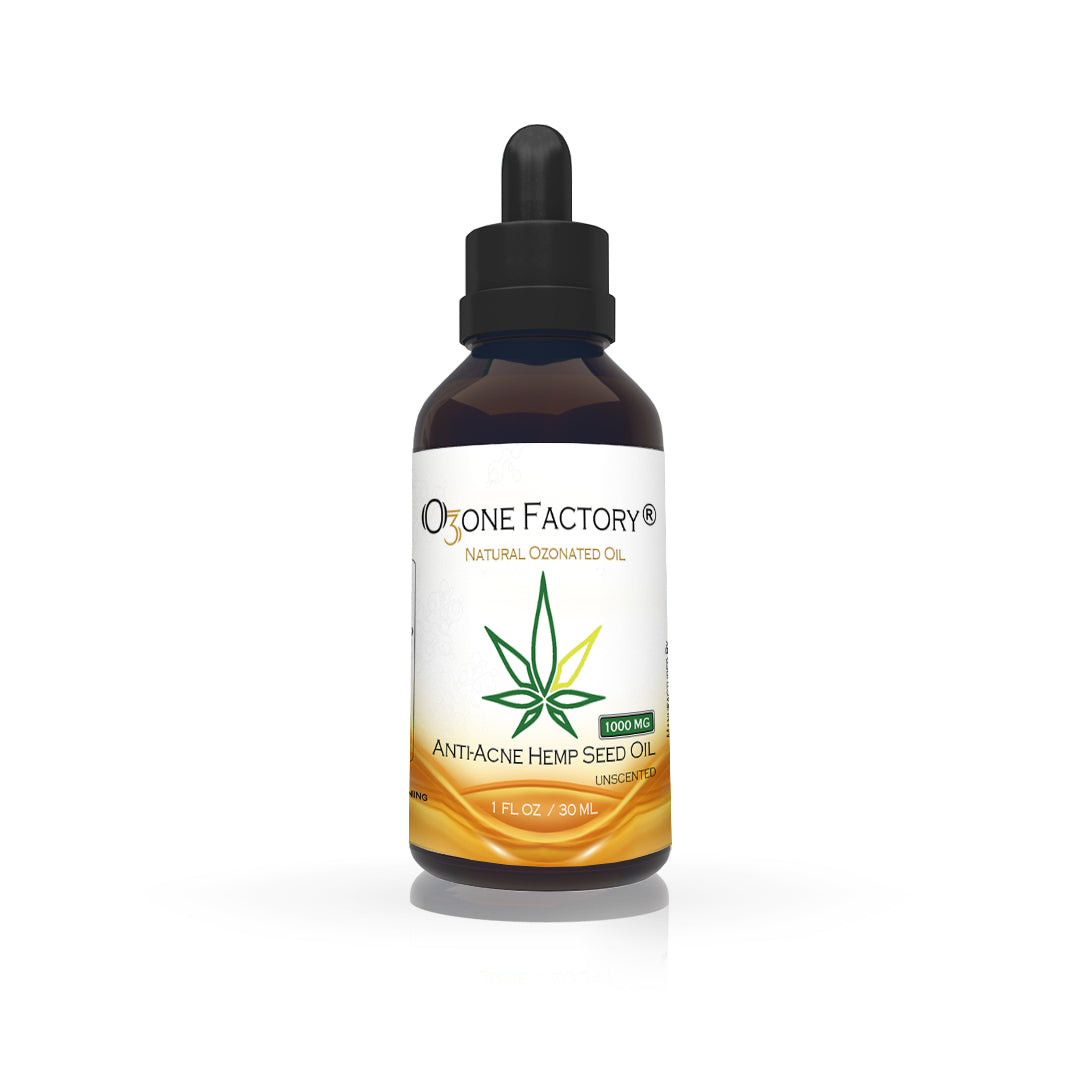
Dandruff, scalp psoriasis, and sebopsoriasis are three common scalp conditions that can cause itching, flaking, and discomfort. While they share some similarities, they are different conditions with unique causes and treatments. Understanding the differences between them can help you manage your symptoms more effectively. In this article, we will delve into the differences between dandruff, scalp psoriasis, and sebopsoriasis.
What is Dandruff?
Dandruff is a common scalp condition that causes the skin on the scalp to flake off in small, white or yellowish pieces. It is a harmless but often irritating condition that affects millions of people worldwide. Dandruff is usually caused by an overgrowth of yeast-like fungus called Malassezia that lives on the scalp, feeding on oils secreted by the hair follicles. The overgrowth of this fungus leads to inflammation and the shedding of dead skin cells, resulting in dandruff. Other factors that can contribute to dandruff include dry skin, oily skin, sensitivity to hair products, and certain medical conditions such as psoriasis, eczema, and Parkinson's disease. Symptoms of dandruff may include an itchy, flaky scalp, and redness or irritation on the scalp. While dandruff is not a serious condition, it can be embarrassing and affect one's self-confidence.

What is Scalp Psoriasis?
Scalp psoriasis is a chronic autoimmune condition that causes red, scaly patches on the scalp. It can be itchy and painful, and can lead to hair loss if left untreated. Scalp psoriasis is often associated with psoriasis on other parts of the body, and may require ongoing treatment to manage symptoms.

What is Sebopsoriasis?
Sebopsoriasis is a skin condition that is characterized by red, scaly patches on the scalp that are similar to those seen in scalp psoriasis. However, sebopsoriasis is also associated with excess oil production and may be accompanied by other symptoms, such as greasy hair or acne. It is believed to be caused by a combination of genetic and environmental factors.

Treatment and Management
Treatment for dandruff typically involves the use of over-the-counter shampoos and hair care products that contain ingredients such as zinc pyrithione, salicylic acid, or ketoconazole. These products work to reduce the production of yeast on the scalp, which can help to alleviate symptoms.
Scalp psoriasis and sebopsoriasis may require more aggressive treatment, such as prescription-strength medications or light therapy. In addition to these treatments, many individuals with these conditions find relief from using natural remedies such as tea tree oil, aloe vera, or coconut oil.
Ozonated oils are a natural remedy that has been shown to be effective in managing and treating scalp conditions such as dandruff, scalp psoriasis, and sebopsoriasis. Ozonated oils are made by bubbling ozone gas through a carrier oil, such as olive oil or coconut oil, for an extended period of time. This process creates a highly concentrated oil that is rich in ozone and has powerful anti-inflammatory and antimicrobial properties.
Ozonated oils can be applied directly to the scalp and hair, where they work to reduce inflammation and kill bacteria and fungi that may be contributing to scalp conditions. They can also help to moisturize and soothe the scalp, which can alleviate symptoms such as itching and flaking.

In conclusion, dandruff, scalp psoriasis, and sebopsoriasis are common scalp conditions that can cause discomfort and embarrassment. While they may share some similarities, they each require different treatment approaches. Ozonated oils are a natural remedy that has been shown to be effective in managing and treating these conditions. If you are struggling with a scalp condition, talk to your healthcare provider about incorporating ozonated oils into your treatment plan.

